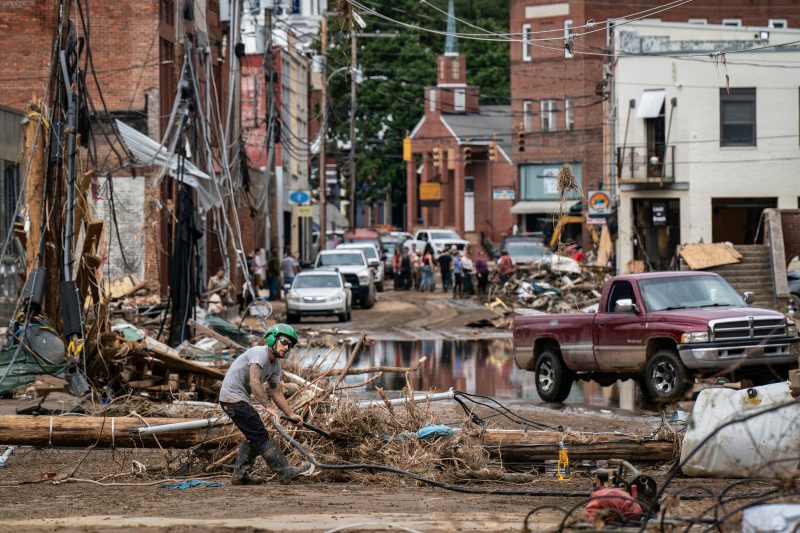The Role of Natural Disasters in Shaping Political Narratives
Natural disasters have long played a significant role in both domestic and international politics, often serving as a crucial ‘X factor’ in shaping electoral outcomes and public perception of government response. From hurricanes and floods to earthquakes and wildfires, these events have the potential to not only devastate communities but also impact the trajectory of political campaigns and governance. In the context of the 2024 presidential election in the United States, the looming threat of hurricanes presents a unique challenge and opportunity for political contenders vying for office.
One of the key ways in which natural disasters influence the political landscape is through their ability to highlight governmental competence and leadership in times of crisis. Hurricanes, in particular, have a history of exposing weaknesses in disaster response systems and can have a profound impact on the public’s trust in elected officials. The way in which a sitting administration manages the aftermath of a hurricane can either bolster its image as capable and responsive or expose its shortcomings and vulnerabilities.
Moreover, natural disasters can also serve as a critical litmus test for candidates seeking public office. How politicians respond to the needs of affected communities in the wake of a disaster can significantly shape their public image and influence the decisions of voters. In the context of the 2024 election, potential presidential candidates must be prepared to address issues related to disaster preparedness, emergency response, and long-term recovery efforts to gain the trust and support of the electorate.
Furthermore, natural disasters have the power to elevate certain policy issues to the forefront of the political agenda. In the aftermath of a hurricane, discussions around climate change, infrastructure resilience, and emergency management take center stage, providing a platform for politicians to articulate their visions and policy proposals. As such, hurricanes can catalyze important conversations around environmental sustainability and governmental responsibility, setting the stage for policy reforms and legislative action in the future.
In conclusion, natural disasters, particularly hurricanes, play a pivotal role in shaping political narratives and influencing electoral outcomes. As the 2024 presidential election approaches, candidates must be attuned to the challenges and opportunities presented by these events and demonstrate their ability to respond effectively to crises. By recognizing the significance of natural disasters in the political sphere, policymakers and elected officials can better prepare for the unexpected and earn the trust and confidence of the public in times of need.
